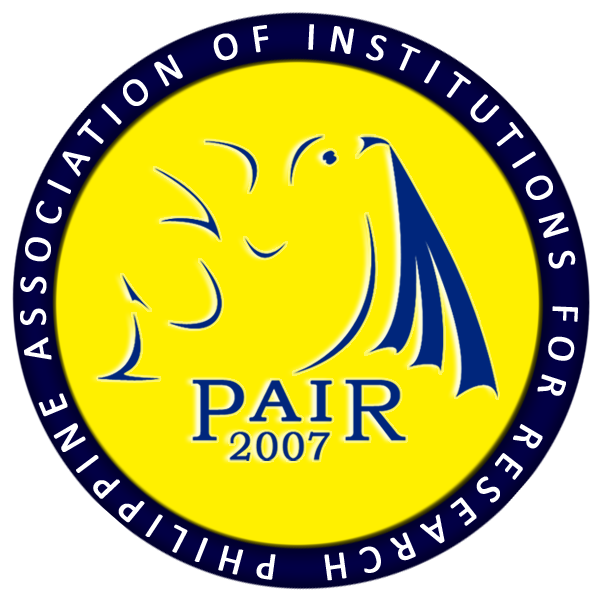Effects of Mathematical Games Strategy on the Achievement of Students in High School Geometry
DOI:
https://doi.org/10.7719/irj.v1i1.206Keywords:
Mathematics Education, Mathematical Games Strategy, Quasi Experimental Design, Pretest-Posttest Control Group Design, PhilippinesAbstract
Mathematical games have become an interesting area in educational research. The study was conducted to determine the effects of games on achievement in geometry. It was done in one of the public high schools in the Division of Nueva Vizcaya, Philippines. Quasi-experimental design, specifically the pretest-posttest control group design was adopted using two intact groups of fourth year students with 39 students each as the subjects of the study. The first group was assigned as the experimental group adopting the mathematical games strategy in teaching while the second group as the control group employing the traditional way of teaching. A 60-item multiple choice teacher-made test was the main instrument in the study. The test provided the scores for the pretest and posttest for the two groups of respondents. The test underwent a series of steps of validation and later on the reliability coefficient was determined at 0.91 using the KR20. The study found that the students who were exposed to mathematical games strategy obtained higher achievement scores compared to students taught using the traditional method. As a result, the researcher recommends the use of mathematical games strategy in presenting and discussing lessons for the purpose of achieving higher grades in Geometry.
References
Ainsworth, S. & Habgood, J. (2009). Exploring the Effectiveness of Intrinsic Integration in Serious Games. Proc. 13th biennial conference of the European Association for Research on Learning and Instruction (EARLI). Amsterdam, The Netherlands.
Downloads
Published
Issue
Section
License
Copyright (c) 2013 Richard J. Taclay

This work is licensed under a Creative Commons Attribution-NonCommercial 4.0 International License.









